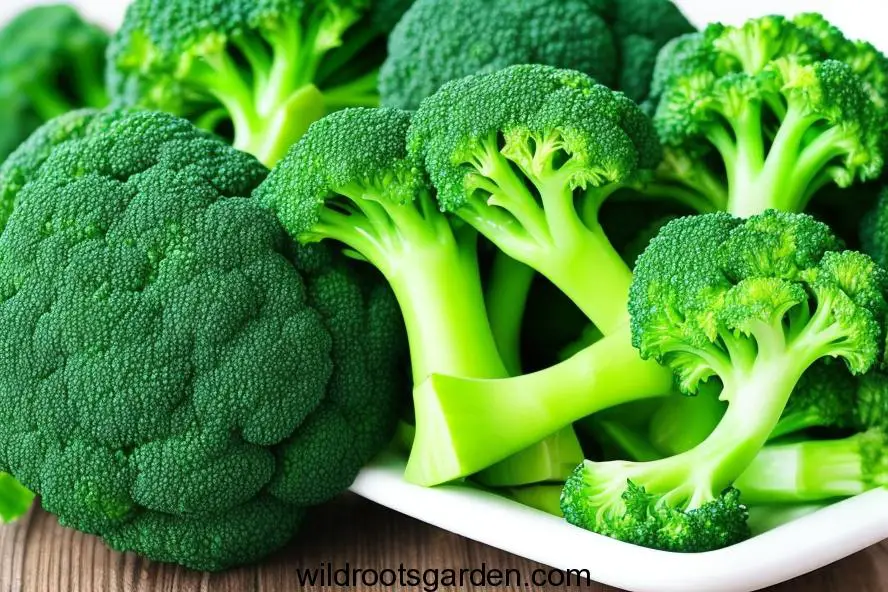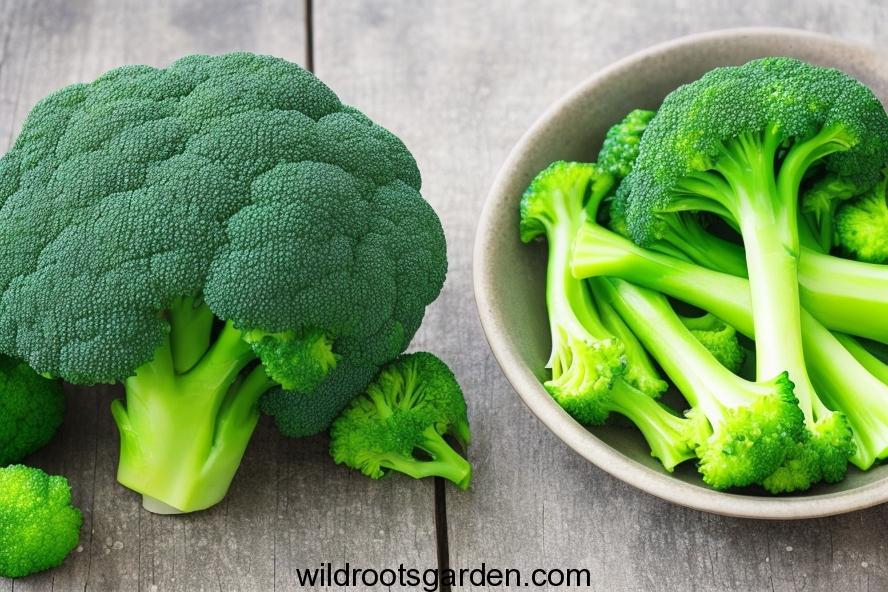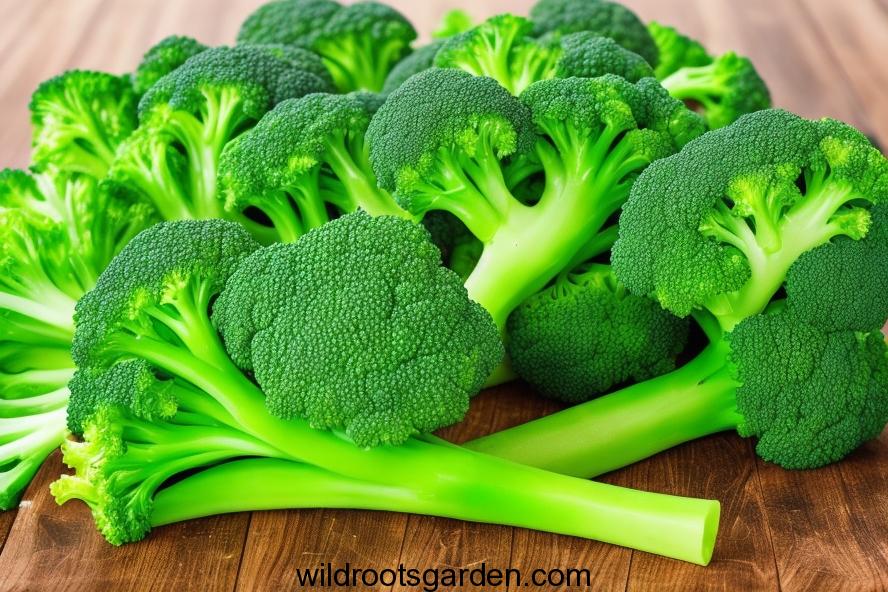Why Does Broccoli Make My Stomach Hurt? In the quest for a healthy, balanced diet, including veggies like broccoli can offer a host of advantages. The eating of broccoli, however, may cause uncomfortable stomach cramps in a few people. In this thorough article, we explore the causes of stomach cramps after eating broccoli and provide practical solutions to ease the pain.
A nutrient-rich food famed for its vivid green florets, broccoli can occasionally cause stomach pain in certain people. This discomfort is caused by its makeup, which is to be blamed. Raffinose, a form of carbohydrate that the human body fails to completely digest, is a substance found in broccoli. Because of this, eating a lot of broccoli might result in bloating and gas as it moves through the digestive system. Furthermore, broccoli has a lot of fiber, which is good for digestion but can also cause stomach pain if ingested in excess, especially by people who aren’t used to eating a lot of fiber.
1. The Nutritional Value of Broccoli

Let’s first appreciate the extraordinary nutritional profile of broccoli before discussing the causes and treatments for cramping in the stomach. This cruciferous vegetable is a potent source of nutritional fiber, important vitamins, and minerals. Broccoli is a healthy food that is high in antioxidants, vitamins C and K, and other nutrients that promote bone and immunological health.
2. Potential Causes of Stomach Cramps
After having broccoli, stomach cramps might be caused by a number of things. The existence of specific compounds that may be more difficult for some people to fully digest is one frequent cause. Raffinose, a complex carbohydrate found in broccoli, can cause gas and bloating in people with delicate digestive systems.
3. Gastrointestinal Sensitivity
After eating broccoli, those who have IBS or other gastrointestinal sensitivities may be more likely to have stomach cramps. Those who are predisposed to digestive problems may experience symptoms due to broccoli’s high fiber level.
4. Cooking Techniques and Preparation
The way you prepare broccoli can affect how easily it can be digested. Broccoli’s rough fibers can be broken down and made easier on the stomach by lightly boiling or blanching the vegetable. Compared to eating raw broccoli, this can lessen the chance of getting cramps.
5. Balancing Broccoli Consumption

Although broccoli has many health benefits, moderation is crucial. For those with sensitive stomachs in particular, excessive broccoli consumption may cause digestive pain. You can benefit from the health benefits of broccoli without experiencing any negative side effects by finding the perfect mix in your diet.
6. Dietary Modifications
Making dietary changes can be helpful if someone regularly has stomach pains after eating broccoli. Using digestive aids like probiotics and enzymes may improve broccoli digestion and reduce cramps.
7. Seeking Professional Guidance
It is advised to speak with a healthcare provider if stomach pains last for a long time or get really bad. They can offer you individualized guidance based on your medical background and assist in ruling out any underlying illnesses that might be causing the discomfort.
***Considering its many health advantages, including broccoli in your diet can be rewarding. While some people may experience stomach cramps, recognizing the causes of this discomfort and using the recommended measures will help reduce the likelihood of doing so. Remember that everyone’s digestive system is different, so finding the strategy that works best for your body is essential to enjoying broccoli’s health benefits without experiencing uncomfortable cramps.
With the help of this in-depth advice, we hope to help you prevent the stomach cramps that come with eating broccoli. By using these suggestions as a guide and making wise decisions, you can benefit from the goodness of broccoli while enhancing your general health.

